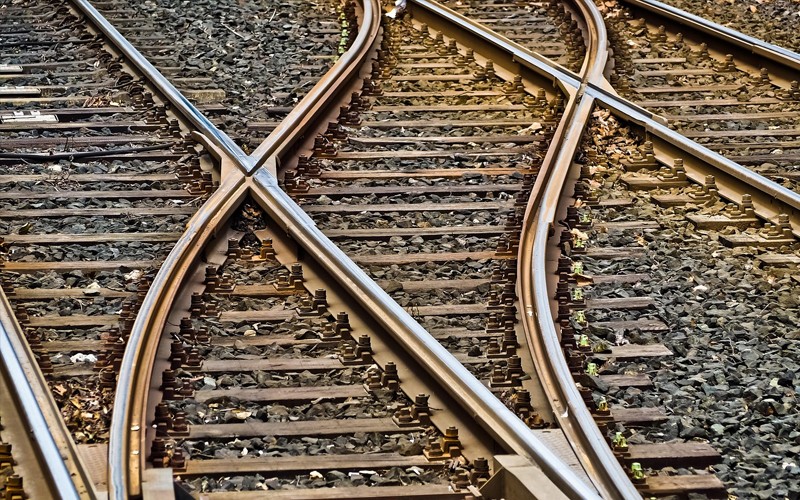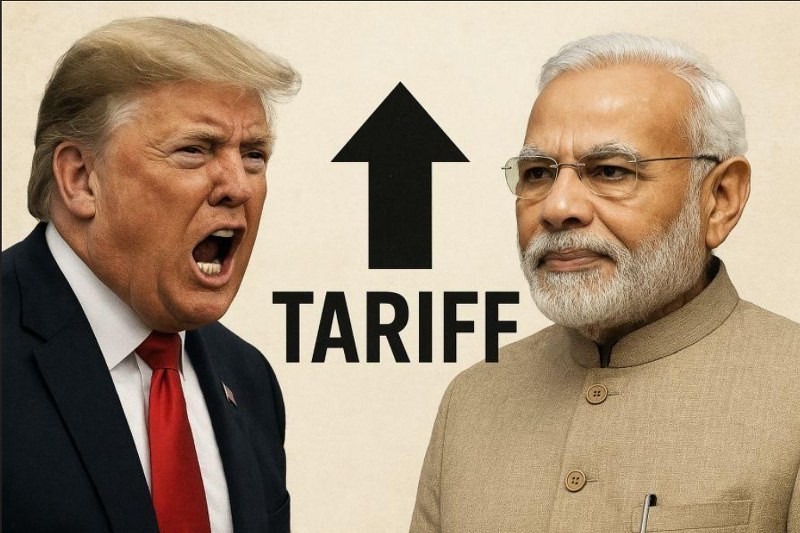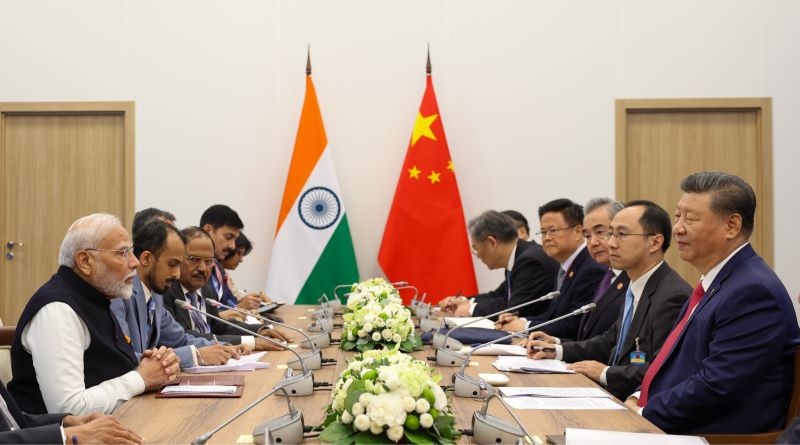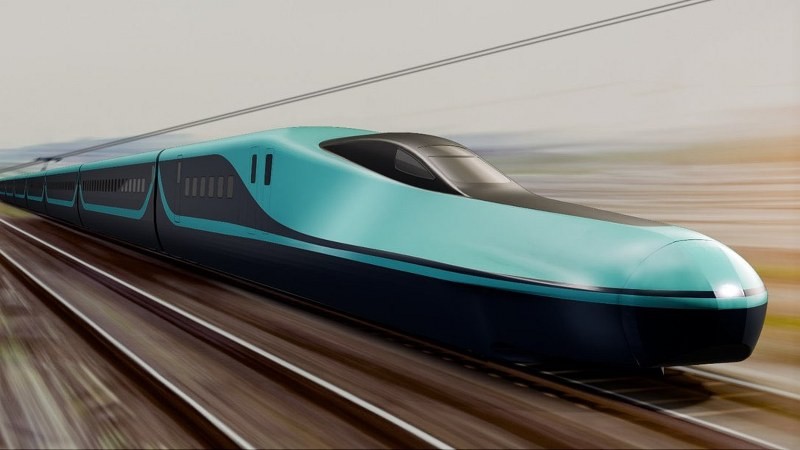Cabinet clears Rs 6,405 cr railway doubling projects in Jharkhand, Karnataka and Andhra

New Delhi: In a major boost to railway infrastructure and regional connectivity, the Union Cabinet on Wednesday approved two key doubling projects — Koderma–Barkakana in Jharkhand and Ballari–Chikjajur spanning Karnataka and Andhra Pradesh.
The combined 318-km expansion, with a total outlay of ₹6,405 crore, is expected to be completed within three years, Union Railways Minister Ashwini Vaishnaw announced.
These projects are designed to ease congestion, enhance freight capacity, and lower carbon emissions, while also improving connectivity for both tribal and general populations.
Koderma–Barkakana line
The 133-km Koderma–Barkakana (Arigada) doubling will cost ₹3,063 crore and forms the shortest rail link between Patna and Ranchi.
The line traverses Koderma, Chatra, Hazaribagh and Ramgarh districts and is set to benefit about 15 lakh people across 938 villages directly. Infrastructure development includes 17 major bridges, 180 minor bridges, 42 Road Over Bridges (ROBs), and 13 Road Under Bridges (RUBs).
Once commissioned, the line is expected to support an additional 30.4 million tonnes of freight annually.
Environmental benefits include an estimated saving of 163 crore kilograms of CO₂ and 32 crore litres of diesel annually — a reduction likened to planting seven crore trees.
Ballari–Chikjajur line
The second project — doubling the 185-km Ballari–Chikjajur stretch — has been sanctioned at ₹3,342 crore.
This route links Mangalore Port to Secunderabad and plays a vital role in transporting key commodities such as iron ore, steel, coking coal, fertilisers, foodgrains and petroleum products.
The line will bolster connectivity across Ballari and Chitradurga districts in Karnataka and Ananthapur district in Andhra Pradesh, touching 470 villages and serving nearly 13 lakh people.
Planned civil works include 29 major bridges, 230 minor bridges, 21 ROBs and 85 RUBs along with 19 stations.
The project is projected to handle an additional 18.9 million tonnes of freight annually, while reducing emissions by 101 crore kilograms of CO₂ and cutting diesel usage by 20 crore litres — equivalent to planting four crore trees.




